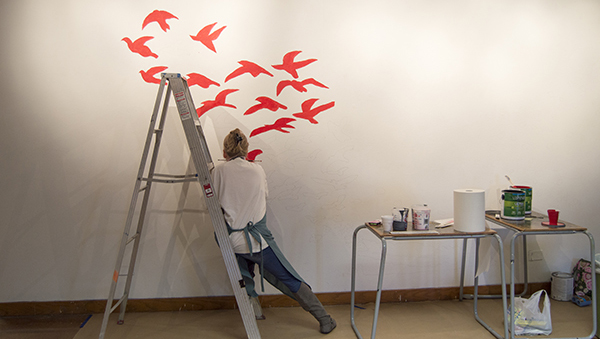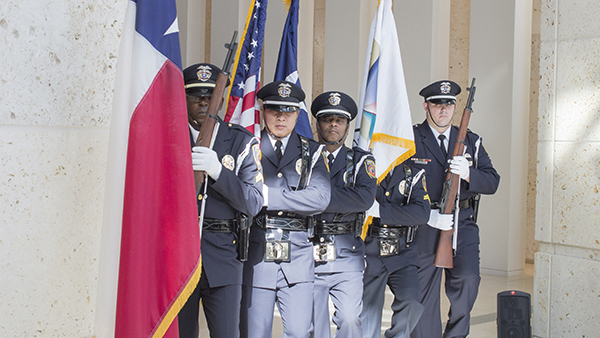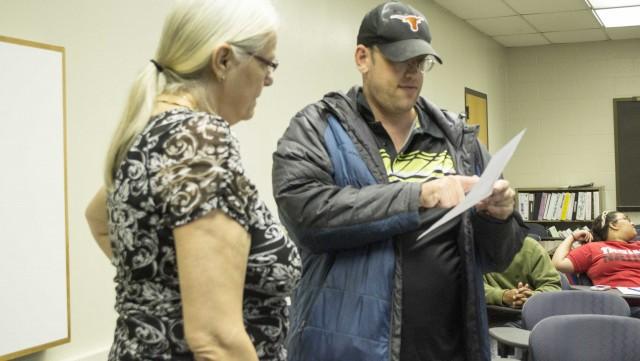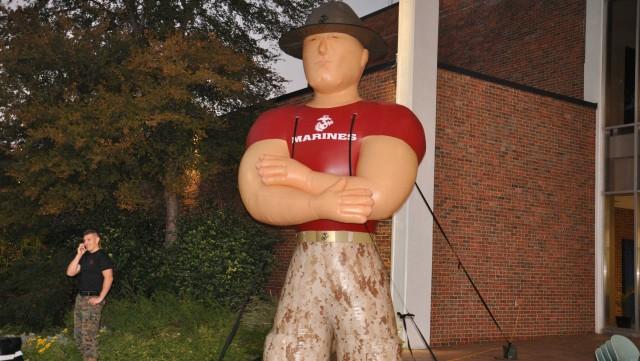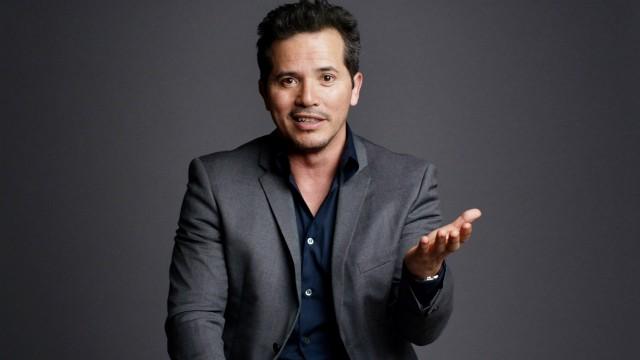By Katherine Barclay/ reporter
The lost culture of black Indians was brought to light Nov. 12 on NE Campus.
NE government professor Lisa Uhlir said she felt a sense of grief and empathy for these lost people. Uhlir told students that the term lost is used for two reasons, their stories have not been told and the pull of two very different cultures.
While watching a TV series on Native Americans, Uhlir first heard about black Indians. Uhlir, who is part Ojibwa, said even as someone from part of that culture, she did not know the history.
“This is particularly painful for any native communities or cultures because we connect ourselves with each other, our identity, with telling stories,” she said.
Through that series, Uhlir found out that one-third of the people who died on the Trail of Tears were black Indians. Though she found very little, Uhlir started to do her own research.
The history of African-Americans before and during the revolutionary era is often not talked about. This could be because most African-American history is in reverse chronological order, she said. Most history books in schools are Anglo-centric. The story is told from the perspective of the dominant culture, so their stories are in the fine print and often overlooked.
She found that in the pre-revolution era, early American colonies, including Jamestown, had slaves. When these colonies were overrun by Native Americans, the natives would kill off the white people but would take in the African-Americans and make them a part of the community, giving them their multicultural identity.
After the Revolutionary War, many natives moved with their slaves to south Florida to live among the Seminoles, who were known for their integrated tribes, Uhlir said.
Uhlir told students to share these stories.
“If we become aware of their stories, and we become aware of who they are, it’s much easier to have this identity development and acceptance in society,” she said.


























